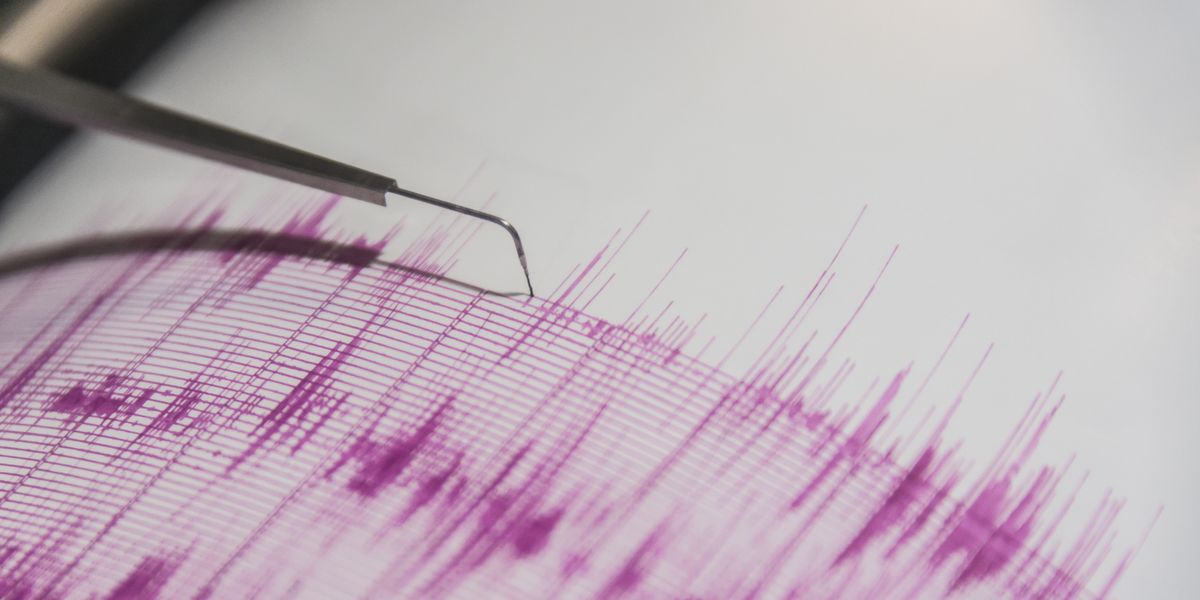
As a result of the COVID-19 self-quarantine lockdown, scientists are discovering a dramatic reduction in vibrations produced by human activity. As fewer trains, planes, buses, and humans buzz around the world, the associated rhythms reflect the lack of activity as well. The sudden drop in activity and commotion has drastically affected the seismic readings scientists use to measure various types of movements. These measurements are a direct reflection of the slower-paced lifestyle involuntarily adopted by humans around the world.
With the ebb and flow of bustling human activity disrupted, surface seismic readings have become far more specific and understandable. Previously interfering with the measurements, scientists are now reporting a 30 percent reduction in the amount of ambient human noise since the lockdown. For seismologists studying seismic signals from the Earth’s interior, the ability to pick up an earthquake magnitude from the opposite side of the world is much more feasible. Additionally, measurements taken by Earth-observing satellites have shown a significant decrease in air pollutants. Marshall Burke, a professor in Stanford’s Earth-system science department, analyzed the effects of the reduction in air pollution and found that the lives of 4,000 young children and 73,000 elderly adults in China were saved over the course of two months.

The most noticeable difference for many, especially city dwellers, is the sudden lack of noise. Streets once filled with the reverberations from public transportation, rush hour, and daily life; are now filled with subdued acoustics. People from around the world have commented on the noticeable chirping of birds replacing the previous sounds of the everyday hustle and bustle. Erica Walker, a public-health researcher at Boston University, has been capitalizing on this period of isolation by studying sound using decibel meters. Her findings show that the rambunctious sounds of college campuses, city intersections, and sports arenas have reduced by 30 decibels, expressing “it’s unbelievably a huge difference.”
Not only is the earth experiencing a quieter atmosphere, but our oceans are as well. Instruments used to study marine life will be utilized to study the change in the waters with the absence of sound from ships. This unforeseen calm in the ocean will, as proven after ship traffic was halted after 9/11, undoubtedly affect stress-hormone levels in marine animals. Humpback whales, among many creatures, will move more freely with the absence of ships and experience a less stressful reproductive period. The symbiotic relationship between humans and nature will perhaps benefit from this respite.